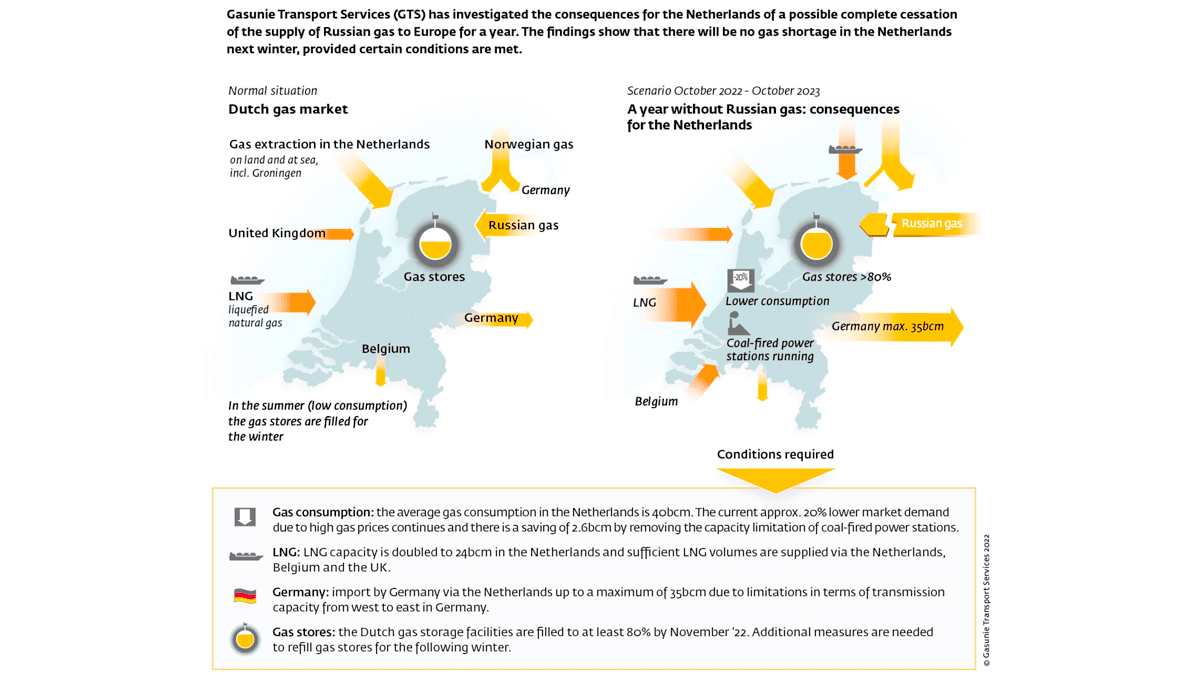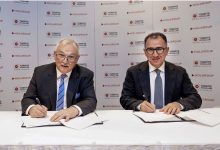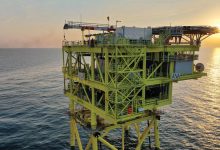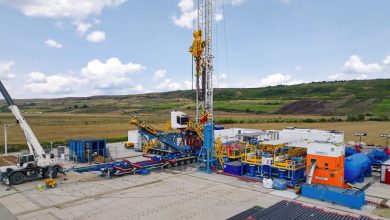GTS: No Shortage this Winter in the Netherlands if Flow of Russian Gas Stops
Gasunie Transport Services (GTS) has investigated the consequences for the Netherlands of a possible complete cessation of the supply of Russian gas in Europe for a year. The findings show that there will be no gas shortage in the Netherlands next winter, provided a few conditions are met. Accordingly, GTS expects that mandatory shut-off of the gas supply for consumers in the coming winter will not be necessary.
A possible interruption in the supply of Russian gas to Europe can be sufficiently absorbed for Dutch consumers over the coming winter, based on the following conditions, observations and measures taken:
Points of departments
- a) The current approximately 20% lower market demand due to high gas prices continues.
- b) No capacity caps are set for the Dutch coal-fired power stations.
- c) The Dutch LNG capacity is doubled through the expansion of Gate Terminal and the new EemsEnergy Terminal being developed by Gasunie.
- d) There is continuing full utilisation of the LNG terminals in the Netherlands, Belgium, and the United Kingdom, as is currently the case, enabling a maximum supply of LNG.
- e) Dutch gas stores are filled to at least 80%. It is expected that even if the current shutdown of Nord Stream 1 lasts longer, the gas storage facilities can be filled sufficiently to achieve the target of 80%.
- f) The low-calorific gas (L-gas) market in neighbouring countries (Germany, Belgium, and France), which depends on the Netherlands for its supply, can be served.
- g) The maximum amount of natural gas that Germany can import from the Netherlands is 35bcm. The German gas network cannot transport more from west to east. The import of natural gas by Germany from the Netherlands is limited by setting a maximum of 35bcm from west to east in the German transmission network.
According to GTS director Bart Jan Hoevers, “It is good news for Dutch customers that, as long as certain conditions are met, there will be no mandatory shut-off of the gas supply for consumers over the coming winter. As a result, other emergency measures such as extra production from the Groningen field do not appear to be necessary in the coming months. What remains essential, however, is that we reduce our natural gas consumption together. It is also essential that measures be taken to ensure sufficient gas in the gas stores and a maximum supply of LNG.”
Qualifications
GTS also makes several qualifications. In the event of a cold winter or setbacks in the supply of LNG, the actual situation may deviate significantly from the figures used for the calculations. Additional measures are required to fill the gas storage facilities for the following heating season (from October 2023) to the desired level of 90%.
Gasunie has worked hard in recent months on securing alternatives to Russian gas. This calendar year, the LNG import capacity of the Netherlands via Gate Terminal and the new EemsEnergy Terminal will double from around 12bcm to 24bcm. In addition, there is regular consultation with surrounding network operators to implement operational optimisations so that the flow of gas from west to east can be expanded even further.
Germany
The GTS analysis also shows that in the coming gas year (from October 2022), under the conditions outlined, the Netherlands will be able to transport a maximum of 35bcm of natural gas to Germany. “Here in the Netherlands, we are happy to help get more gas to Germany; 35bcm is the maximum that the domestic German gas transmission network can handle. This volume is nearly equal to the total annual consumption in the Netherlands,” Bart Jan Hoevers said.
About Gasunie
Gasunie is a European energy-infrastructure company. Gasunie’s network is one of the largest high-pressure pipeline networks in Europe, comprising over 17,000 kilometres of pipeline in the Netherlands and northern Germany. Gasunie provides natural and green gas transport services through its subsidiaries, Gasunie Transport Services B.V. (GTS) in the Netherlands and Gasunie Deutschland in Germany. With its cross-border gas infrastructure and services, Gasunie facilitates TTF, which has become the leading European gas trading point. Gasunie also provides other gas infrastructure services, including gas storage and LNG. Gasunie wants to help accelerate the transition to a CO2-neutral energy supply and believes that gas-related innovations, for instance in the form of renewable gases such as hydrogen and green gas, can make an important contribution. Both existing and new gas infrastructure play a key role here. Gasunie also plays an active part in the development of other energy infrastructure to support the energy transition.
Source: Press release







